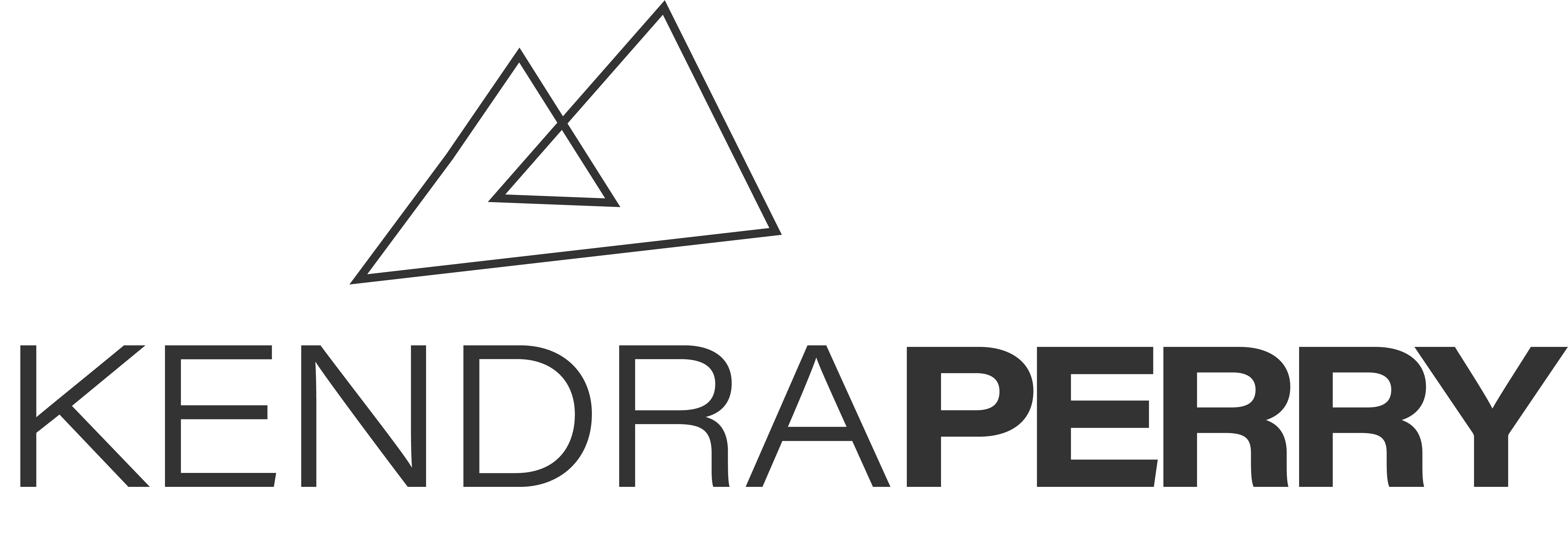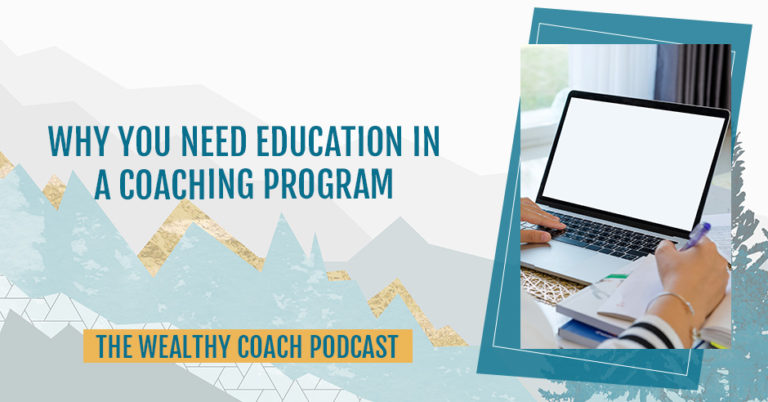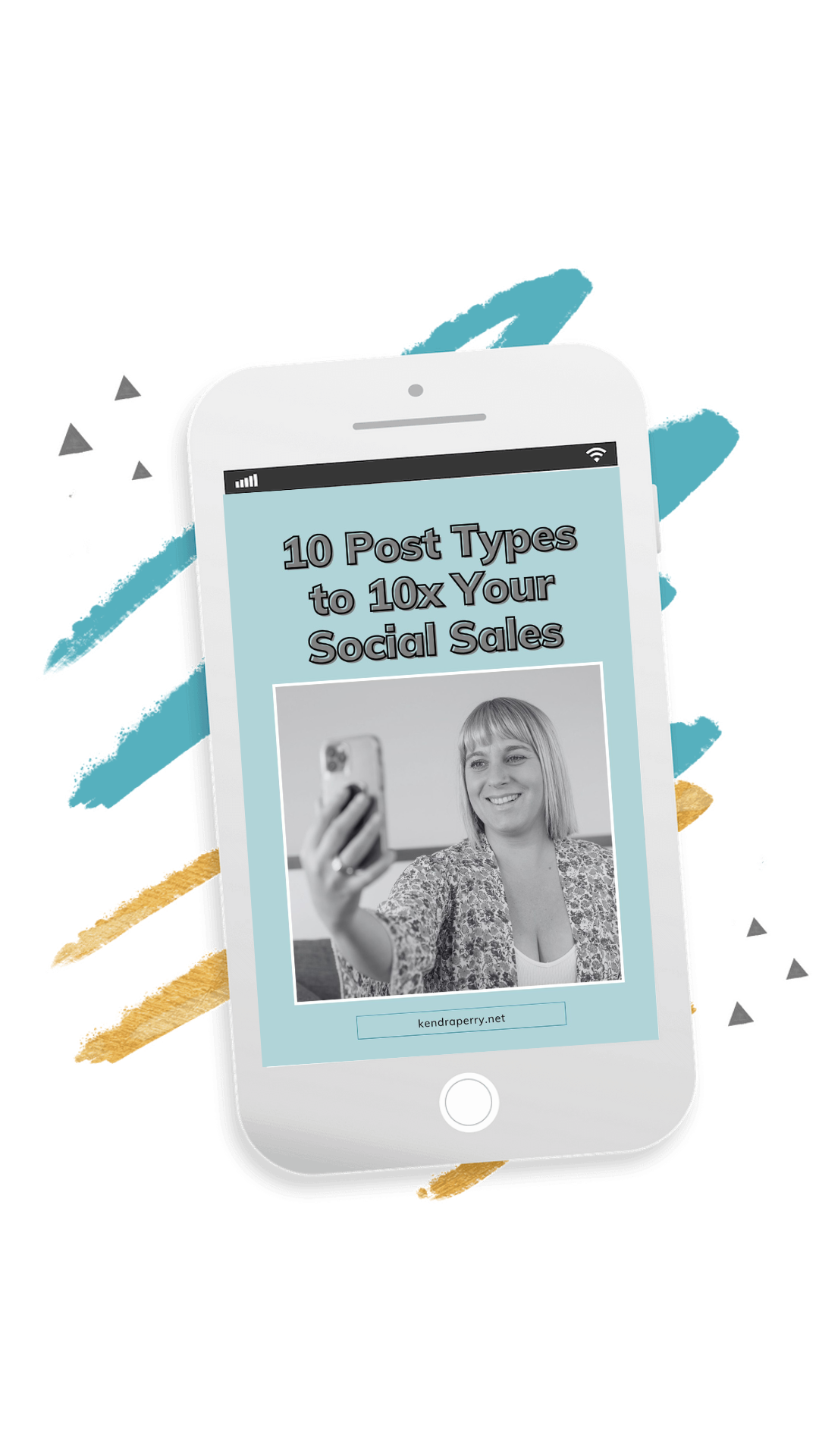As you build your coaching program, you might wonder why you need to set up a curriculum when you can simply help people towards their goals immediately. In this episode, Kendra Perry answers an important question: why do you need education in a coaching program? There are compounding benefits to setting up a framework when coaching your clients. Here, Kendra illustrates how impactful it can be to your program and explains why it can also be extremely beneficial to your business. Tune in to learn all about it!
—
Listen to the podcast here
The Importance of Curriculum in Coaching Programs
In the world of coaching, there’s often debate about whether a structured curriculum is necessary. Some coaches believe their role is to simply show up and respond to their clients’ needs in the moment. However, incorporating education and a structured framework into your coaching program can significantly enhance the client experience and set you apart in a crowded market. In this post, we’ll explore why having a curriculum is not just beneficial but essential for a successful coaching business.
Why a Curriculum Matters in Coaching
One of the most common misconceptions among new coaches is that they only need to rely on their coaching skills to guide their clients. While coaching is a critical component, relying solely on in-the-moment responses can lead to unfocused sessions. Many clients may not even know what they need help with, which can make coaching sessions feel flat and unproductive.
A curriculum provides structure and direction. It allows clients to explore their needs and challenges in a more guided manner, leading to more meaningful conversations and progress. By introducing educational elements into your program, you give clients something concrete to reflect on, which can lead to more fruitful coaching sessions.
The Value of a Methodology
A methodology is what distinguishes you from other coaches. It’s your unique process or system that you guide clients through, and it’s a powerful tool for marketing your services. When potential clients see that you have a structured approach, they are more likely to trust in your ability to help them achieve their goals.
Even if you feel inexperienced, developing a methodology doesn’t mean you need to have everything figured out from the start. Your initial framework is a hypothesis that you will refine over time. The program you start with will likely evolve significantly as you gain more experience and insights.
Breaking Down Goals with Milestones
Clients often come to coaching feeling overwhelmed by their problems. Whether it’s burnout, health issues, or personal development challenges, the end goal can seem like an insurmountable mountain. This is where breaking down the journey into smaller, achievable milestones becomes crucial.
By setting clear milestones, you make the process more manageable for your clients. Each milestone represents a step closer to their ultimate goal, making the overall journey less intimidating. Additionally, these milestones serve as a way to measure progress and celebrate achievements along the way, which can be incredibly motivating for clients.
Enhancing Client Transformation Through Education
Incorporating education into your coaching program doesn’t mean overwhelming your clients with information. It can be as simple as providing articles, suggesting journaling exercises, or introducing mindfulness practices. These educational elements give clients something tangible to work on between sessions, deepening their engagement with the process.
Moreover, education helps prevent burnout for you as a coach. When you’re repeating the same advice in every session, it can be draining. By creating a curriculum, you streamline your process and ensure that clients receive consistent, high-quality information.
The Scalability Factor
If you have aspirations of scaling your business—whether by transitioning to group coaching or launching an online course—a curriculum is indispensable. A well-structured framework is what allows you to deliver the same transformative experience to multiple clients at once.
Without a curriculum, scaling becomes nearly impossible. Group coaching sessions, for example, require a shared structure that all participants can follow. An online course needs a clear outline of lessons and milestones to guide students through the content.
Creating a Framework: Where to Start
Developing a curriculum doesn’t need to be overwhelming. Start by thinking of your program as a handbook for clients. What are the essential steps they need to take to reach their goals? Break these down into digestible, actionable steps. Your curriculum can be a living document that evolves with your business, so don’t worry about getting it perfect from the start.
Remember, the educational components don’t have to be lengthy or complex. Sometimes, simple exercises or short readings can be incredibly effective in driving transformation.
Final Thoughts on including Education in your Coaching Program
Incorporating a curriculum into your coaching program is not just about adding structure; it’s about enhancing the client experience and ensuring their success. It helps clients feel supported and provides a clear path to achieving their goals. Additionally, it sets you apart in the marketplace and gives you the tools to scale your business in the future.
So, if you’re on the fence about whether to include education in your coaching program, consider the many benefits it offers. Not only will it improve your clients’ outcomes, but it will also make your job as a coach more rewarding and sustainable.






